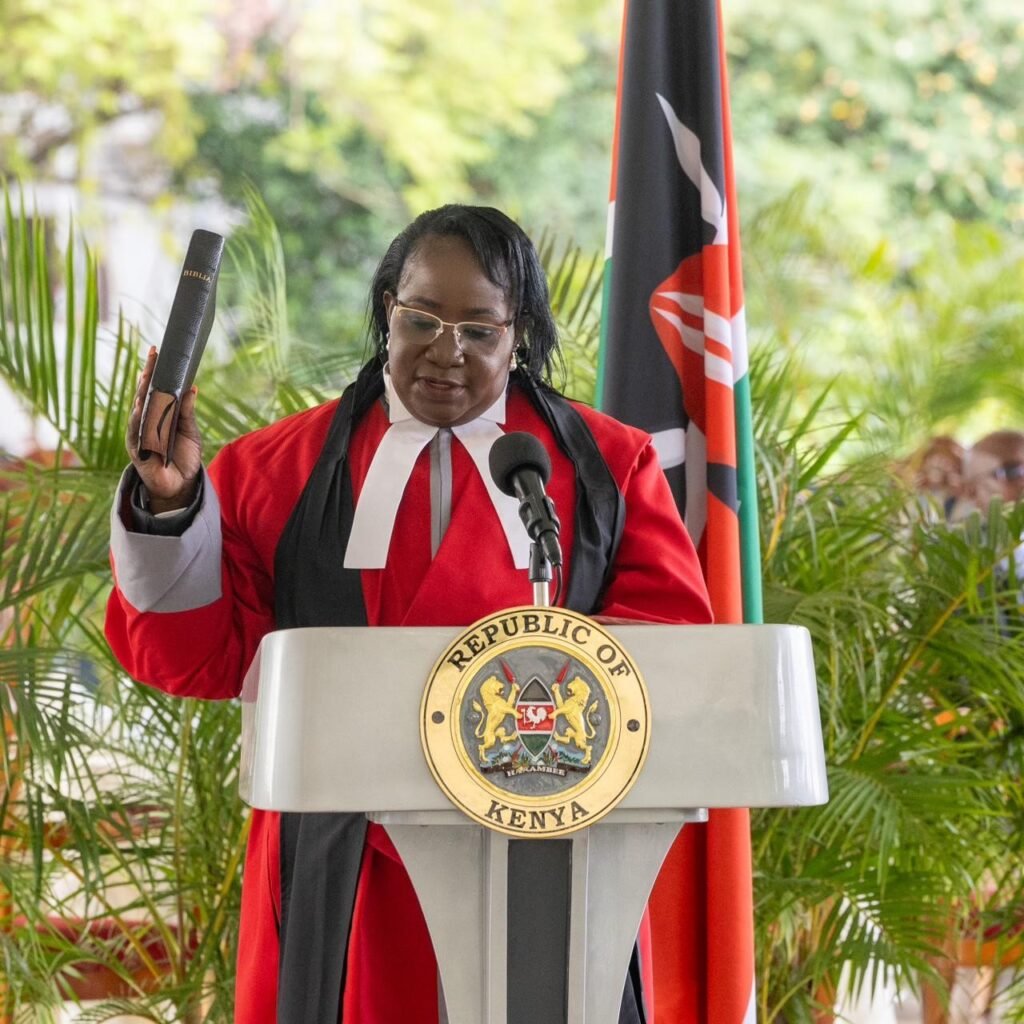The establishment of the small claims courts across the country has brought justice closer to the people and resulted in a significant increase in the number of resolved cases, President William Ruto said as he announced plans to increase collaborations between the Executive and the Judiciary in the fight against corruption.
The small claims courts were established by the Small Claims Act, 2016, which was assented to on April 1, 2016. This law was later amended by the Small Claims Court (Amendment) Act, 2020 before being gazetted through notice No. 3791 of 2021, the year that they started operations.
The primary work of these courts is to hear commercial and civil cases whose value does not exceed Sh1 million, and judges are expected to conclude the hearings and deliver verdicts within sixty days of the cases being filed.
According to Kituo cha Sheria, the Small Claims Court seeks to enhance access to justice for the poor and marginalised. The courts are designed to ensure simplicity of procedure and speedy resolution of cases. Accessibility and services are offered at a low cost.
The establishment of the court, according to the Judiciary, was also part of a wider initiative to enhance the ease of doing business in Kenya by creation of an enabling environment for the Small and Medium Enterprises (SMEs) to thrive by reducing the cost and time for enforcement of commercial disputes.
“It is notable that the operationalization of the Small Claims Courts has enhanced access to justice by expanding the reach of the formal justice system and facilitated access to justice for a category of claimants who were previously unable to access mainstream judicial services for various reasons,” the Judiciary says on its website.
By May 2023, the courts had processed 27,000 cases, unlocking Sh4.6 billion in value for claimants. On average the courts handle 53 cases daily.
Speaking during the swearing-in of 20 newly appointed High Court judges on May 13, President Ruto said his administration was committed to supporting courts in promoting equity and fairness and maintaining law and order.
“We shall make our contribution to enhance the capacity of the Judiciary to deliver justice in every part of Kenya, especially through infrastructure development projects,” he said even as he challenged judges to commit themselves “to serving the people with integrity and professionalism, and to reject corruption in all its manifestations”.


